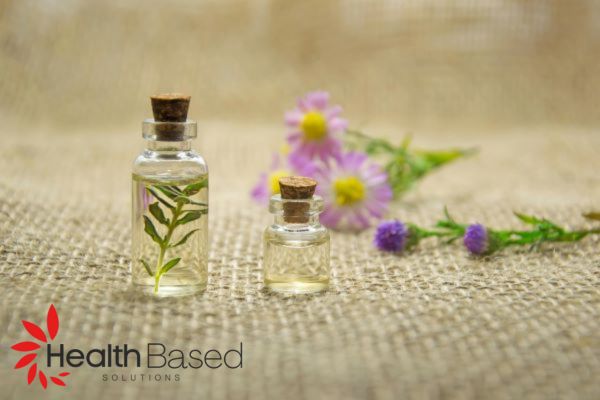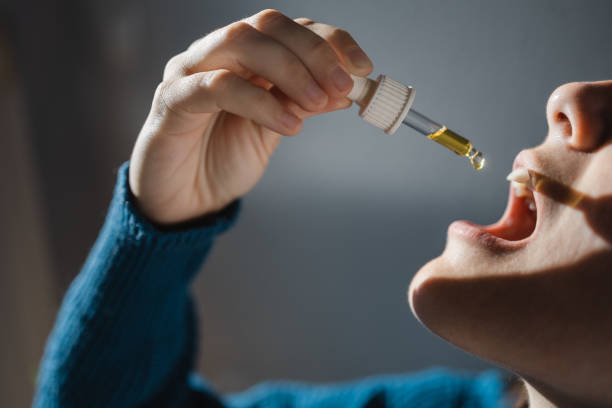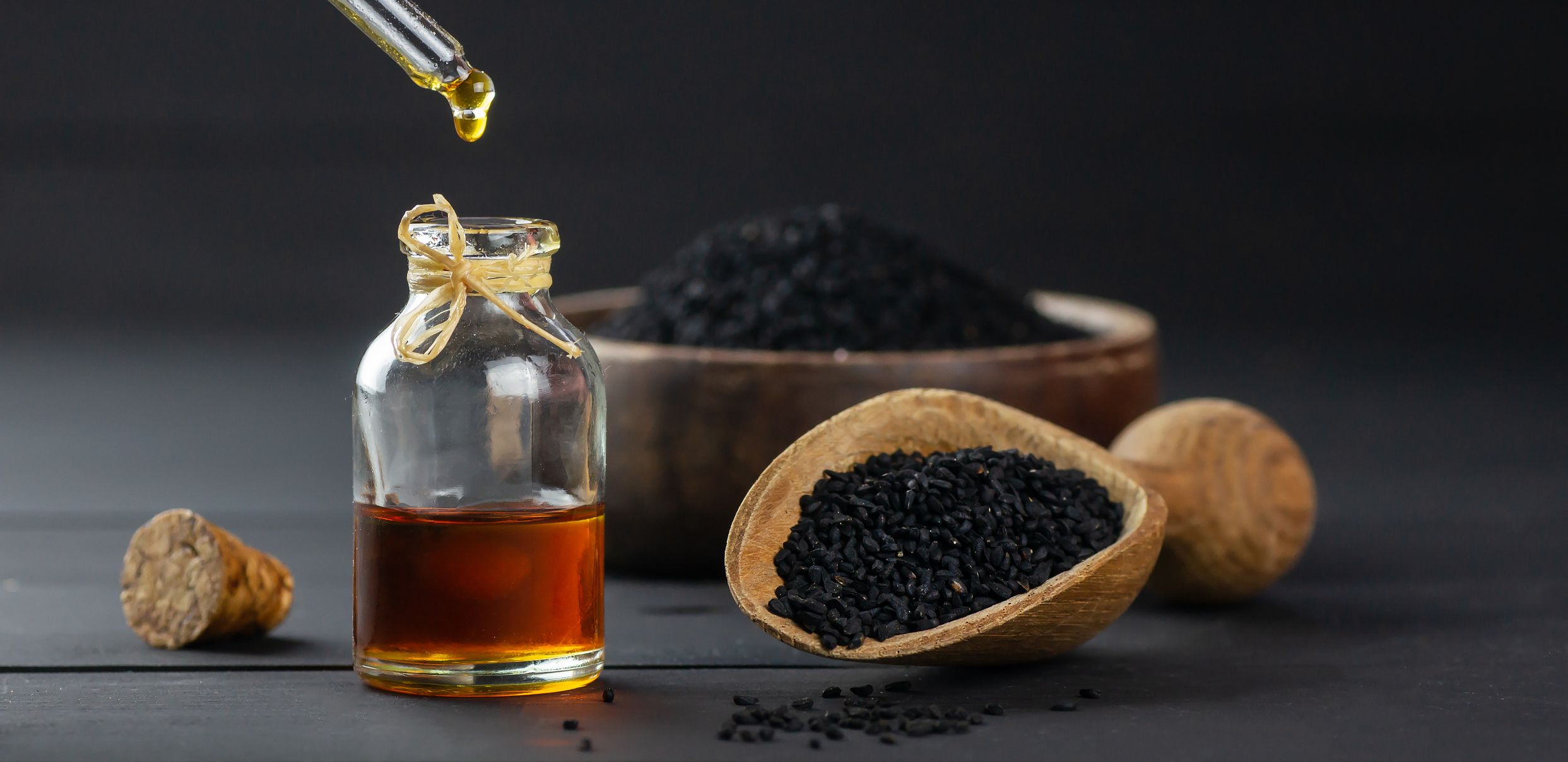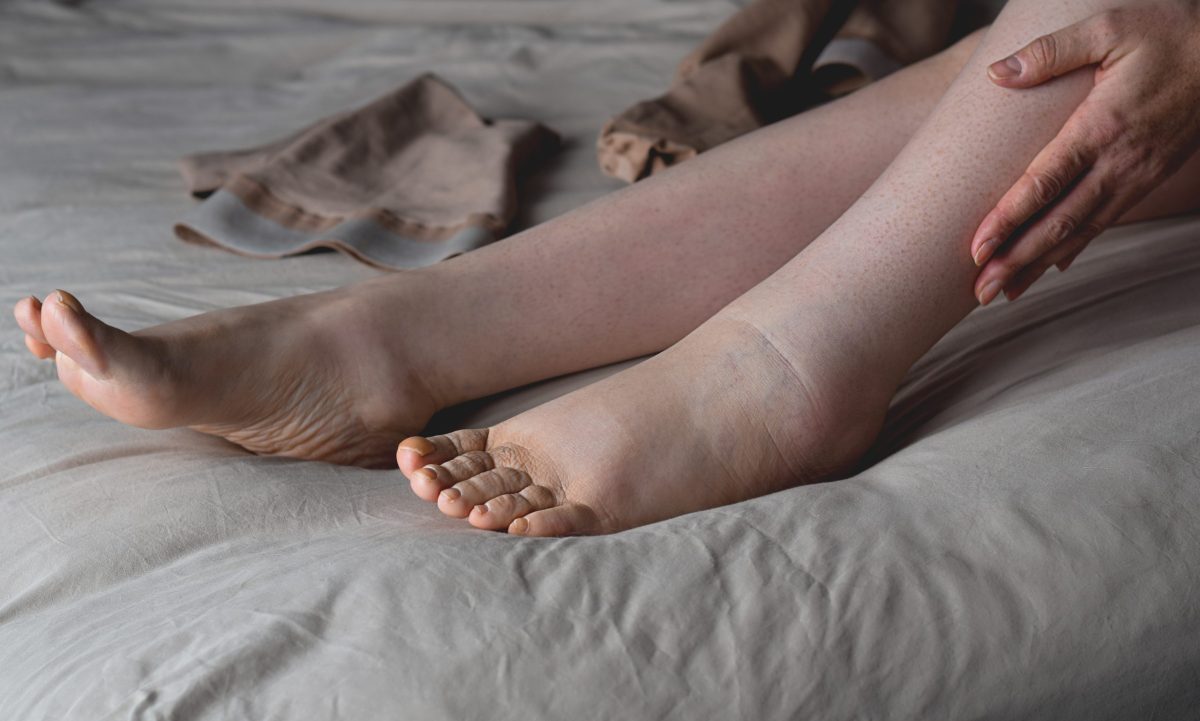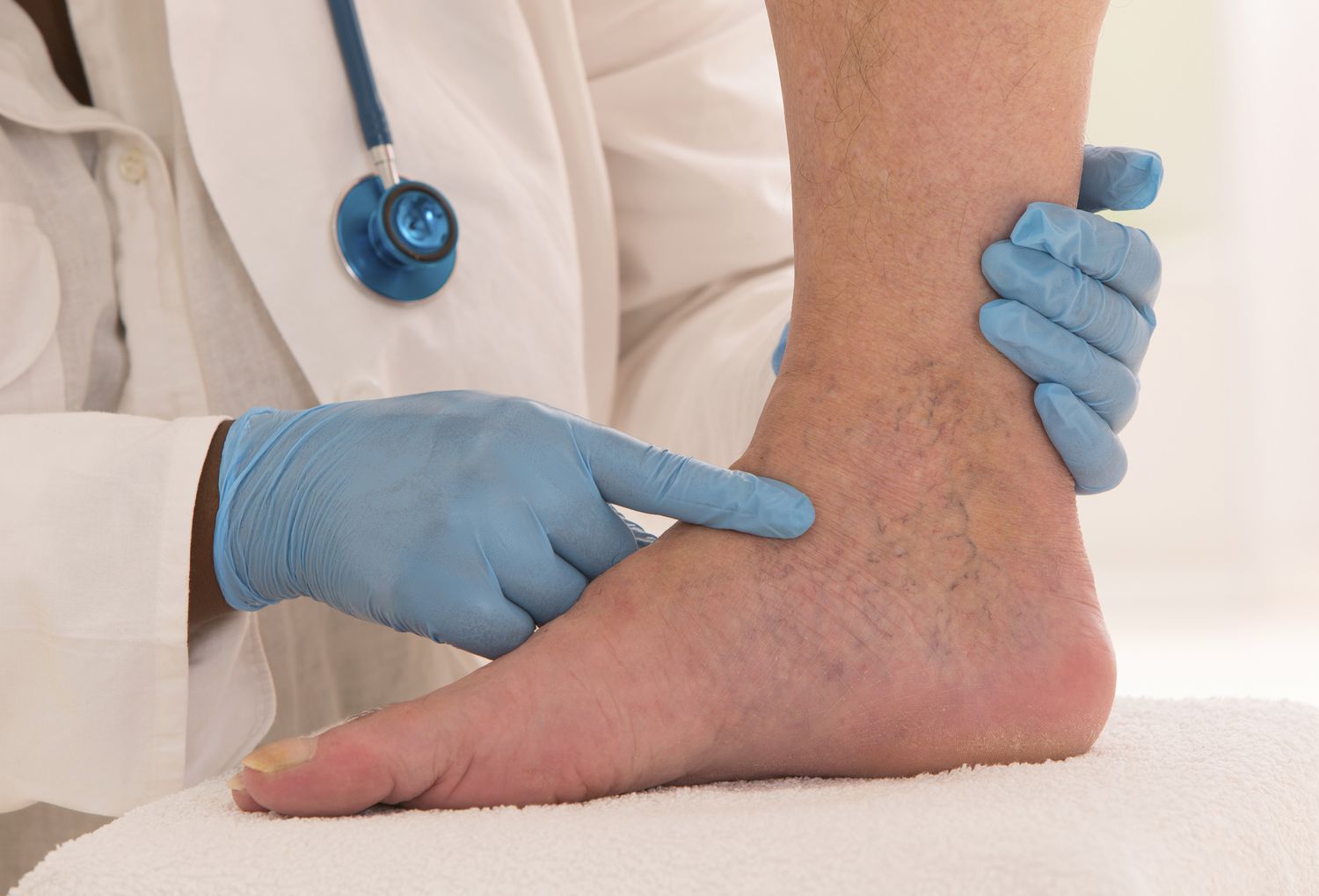Living with eczema can be tough. The constant itch, dryness, and discomfort can affect your daily life. While there is no full cure for eczema, many people look for natural ways to ease the symptoms. One option that keeps coming up is castor oil.
But what is castor oil? Can it really help with eczema? And how do you use it safely? Let’s delve into the world of treatment with castor oil for eczema. Keep reading throughout the blog and stay connected with us to get a complete guide about castor oil for eczema.
What is castor oil?
Commonly used castor oil is yellowish in color and has a thick consistency. This beneficial oil is extracted from the seeds of the castor plant. This plant usually grows in warm areas like tropical forests. Castor oil has been used for hundreds of years for its healing and skin-soothing properties.
People love castor oil because it:
- Locks in moisture
- Helps soften dry skin
- Has anti-inflammatory effects
- Fights bacteria
It’s rich in fatty acids, especially omega-9, which helps feed the skin and keep it smooth. Castor oil is often found in skin creams, lip balms, and even hair products.
Types of castor oil
There are mainly two types of castor oil:
- Cold-pressed (yellow castor oil): This is made without using heat. It’s pure and often recommended for skin use.
- Black castor oil: This one is made by roasting the castor beans first. It’s thicker and usually used for scalp and hair care.
Note: For eczema, cold-pressed castor oil is the better choice.
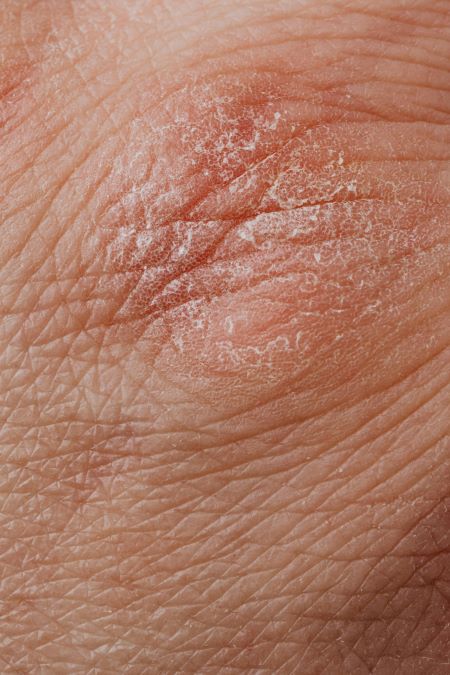
Why use castor oil for eczema?
Eczema causes dry, itchy, and sometimes cracked skin. Many creams can help, but some have harsh chemicals. Castor oil is natural, gentle, and full of nutrients that may help calm irritated skin.
While it doesn’t cure eczema, castor oil may:
- Soothe itching and redness
- Moisturize dry patches
- Help protect skin from germs
- Support healing
Many people have said it helped them feel more comfortable, especially when used along with their regular treatment.
How to use castor oil for eczema
Castor oil is thick and sticky. To minimize its consistency so that you can apply this easily, you can mix it with a lighter oil, such as
- Coconut oil
- Olive oil
- Almond oil
Mix equal parts of both oils. Here’s how you can apply it:
Step-by-step guide
- Clean the skin—wash the area gently and dry it.
- Make the mix—use 1 part castor oil and 1 part carrier oil.
- Soak a cloth—Dip a small, uncontaminated cloth in the castor oil mix.
- Place on the skin—Put the cloth on the area that needs care.
- Cover the area—use another plastic wrap or cloth or plastic wrap to keep the moisture in.
- Leave it on—you can keep it for 30 minutes or even overnight.
- Wash it off (if needed)—If it feels too greasy, rinse with warm water in the morning.
Note: Doing this once a day, especially before bed, can help your skin absorb the moisture while you sleep.
Is castor oil safe for eczema?
Yes, cold-pressed castor oil is usually safe for the skin. But as a usual practice, always perform a patch test before using it for treatment purposes. Some people may be allergic.
Here we explain how you can perform a simple patch test:
- Spread a small amount of oil over a small patch of clean skin (such as your inner arm).
- Cover it and wait 24 hours.
If you experience no irritation or redness, this is a signal of safety. Now you can use it.
If you notice irritation, stop using it and try another gentle oil like jojoba or shea butter.
Can I use castor oil on my scalp if I have eczema?
Yes, many people use castor oil to treat dry, itchy scalp caused by eczema. The oil adds moisture and may help reduce flaking and irritation.
How to apply it to the scalp:
- Use cold-pressed castor oil for the hair shafts.
- If using black castor oil, apply only to the scalp.
- Massage it in gently.
- Leave it on for 30 minutes or overnight (cover your pillow!).
- Rinse out with a mild shampoo.
Note: If you also have dandruff, be careful. Castor oil might make it worse in some cases, so talk to a doctor first.
Can I use castor oil on my eyelashes and eyebrows?
Yes, but be cautious. Castor oil can help moisturize eyebrows and may support hair growth. But because your eyelashes are close to your eyes, check with a doctor before using it there. If it gets in your eye, it may cause irritation.
What are the advantages of castor oil for eczema?
Here we are providing you with a list of the main benefits of using castor oil
1. Moisturizes deeply
Castor oil helps your skin hold on to water. It acts like a barrier that locks in moisture and stops dryness.
2. Relieves itchiness
Thanks to its anti-inflammatory properties, it may calm down itching and reduce swelling.
3. Fights germs
Cracked skin can invite bacteria. Castor oil has antibacterial qualities that may help stop infections.
4. May slow skin overgrowth
Some people with eczema grow skin cells too fast. Castor oil may help slow this process, giving skin a better chance to heal.
What are the risks?
While most people can use castor oil safely, here are a few things to watch for:
- Allergic reactions—Always do a patch test first.
- Clogged pores—If you have oily skin, castor oil might be too heavy.
- More dandruff—If used on a flaky scalp, it may worsen dandruff.
Should I replace my eczema creams with castor oil?
No. Castor oil can be a great add-on to your eczema care routine, but not a full replacement for prescription treatments. It’s best used with doctor-approved creams and medicines—not instead of them.
If you’re unsure, always check with a skin specialist or healthcare provider.
Conclusion
Using castor oil for eczema is a gentle, natural way to soothe your skin. It may not work for everyone, but many people have found it helpful when used with other treatments. Whether you use it on your body, scalp, or even your eyebrows, it’s worth a try—just make sure to do it safely.
If your eczema is getting worse or not getting better, see a doctor for advice. Everyone’s skin is different, so finding the right routine may take some time.
Have you tried castor oil for eczema? Share your experience in the comments, or let us know what natural remedies have worked for you!
FAQS
1. Can castor oil heal eczema completely?
No, castor oil cannot cure eczema, but it may help reduce symptoms like itching and dryness. It works best as a natural add-on to your regular treatment.
2. Is castor oil safe to use every day on eczema?
Yes, many people use it daily without issues. Just make sure to do a patch test first to check for any allergic reaction.
3. Which type of castor oil is better for eczema—yellow or black?
Cold-pressed yellow castor oil is the best choice for skin care. It’s gentler and purer than black castor oil, which is better for hair and scalp.
4. Can I use castor oil on eczema on my face?
Yes, you can apply it to your face, but mix it with a lighter oil like coconut or almond oil. Always perform a patch test before applying it on sensitive skin.
5. Is it safer to use castor oil for eczema on babies?
It is the best choice to talk to your provider before using any oil on a baby’s skin. Baby skin is very sensitive, and even natural oils can sometimes cause reactions.
6. Can castor oil help with eczema scars?
Some people say it helps fade marks over time because it keeps the skin soft and moisturized. However, there is no strong proof that it removes scars fully.
7. Should I rinse castor oil off after applying it?
It is better to leave it on overnight or for a couple of hours. If it feels too greasy, rinse it off gently with warm water and pat dry.
8. What should I mix with castor oil for my eczema treatment?
Mix castor oil with a carrier oil like olive oil, almond oil, or coconut oil in equal quantity. This makes it easier to spread and helps the skin absorb it better.
9. Can castor oil make eczema worse?
In rare cases, some people may have a reaction. Always do a patch test on a small area of skin. If you feel more itchy or see redness, stop using it.
10. How long will it take to see results with castor oil?
Some people notice softer, calmer skin in a few days, but it may take a few weeks to see clear results. Be patient and stay consistent.

